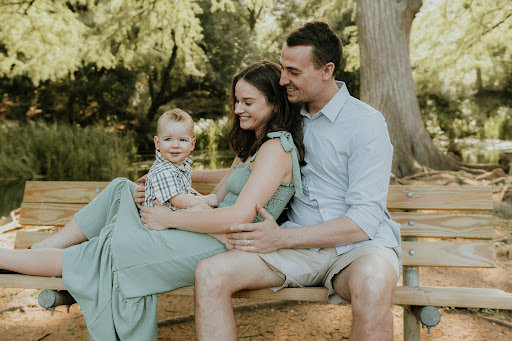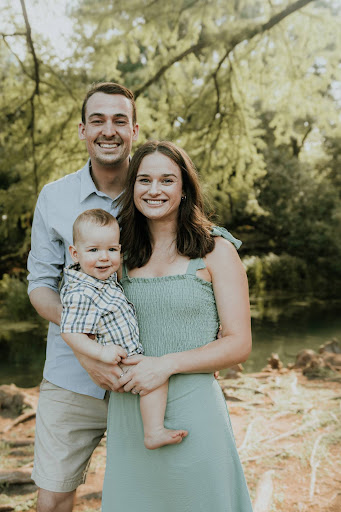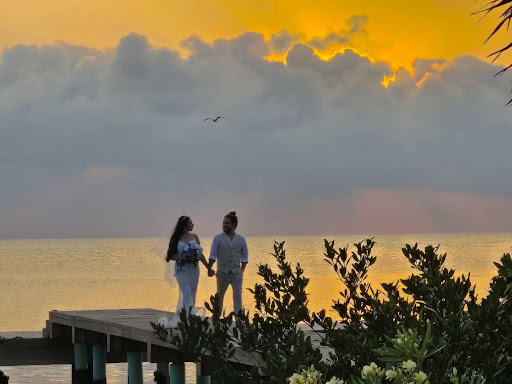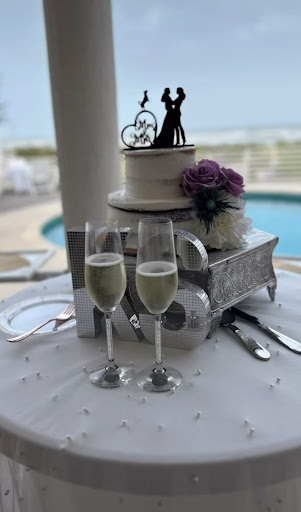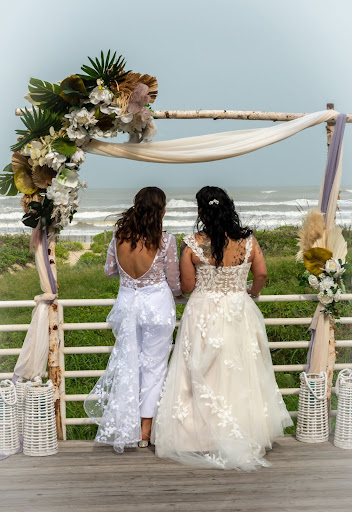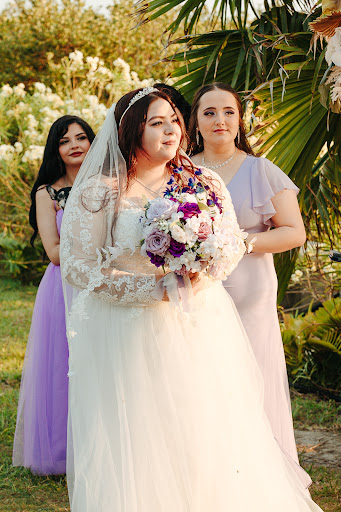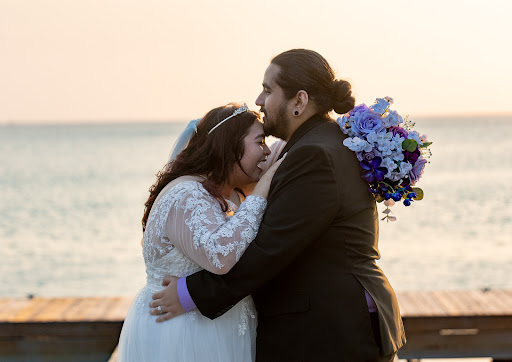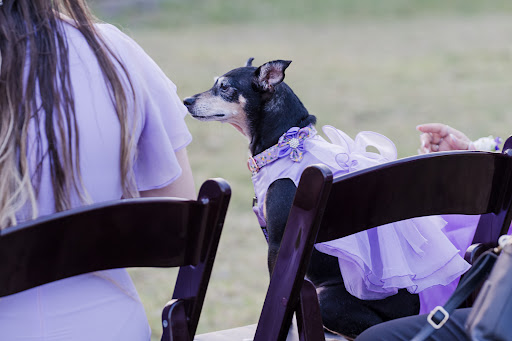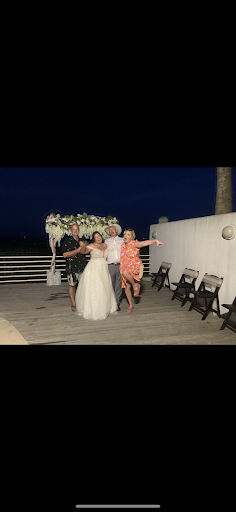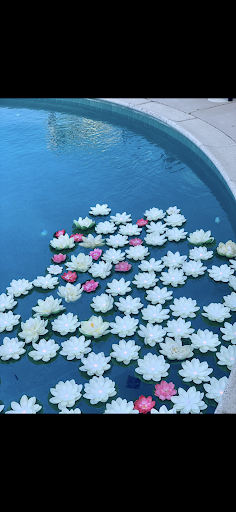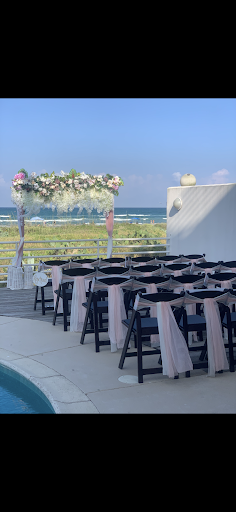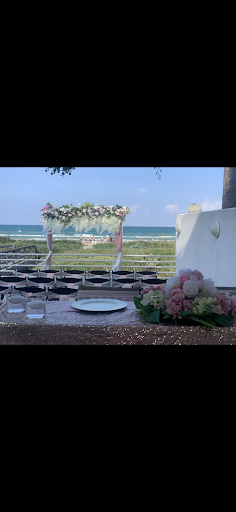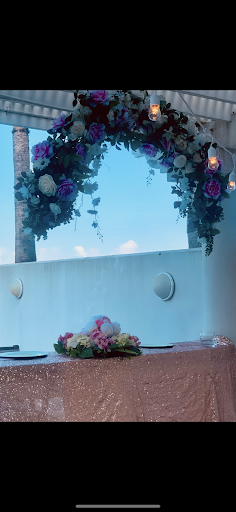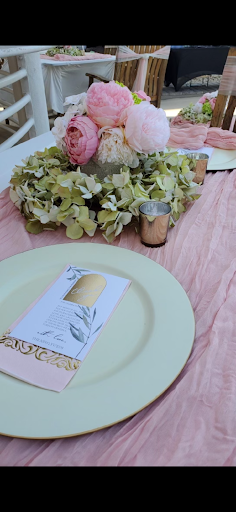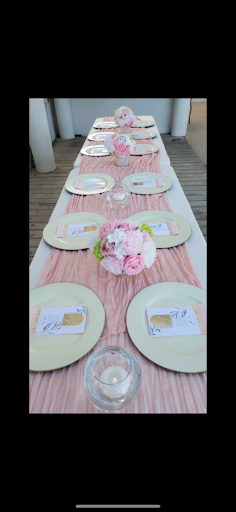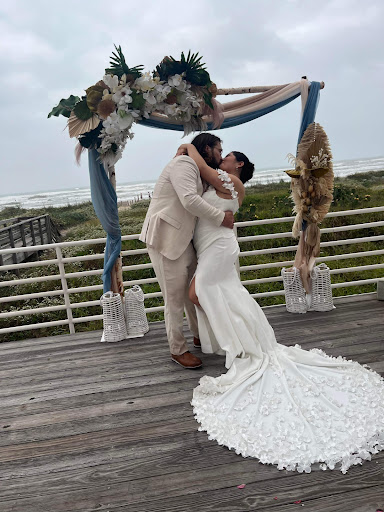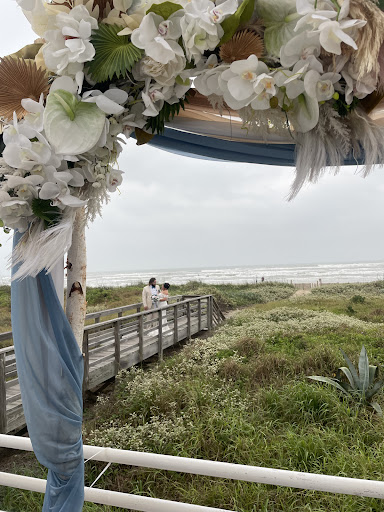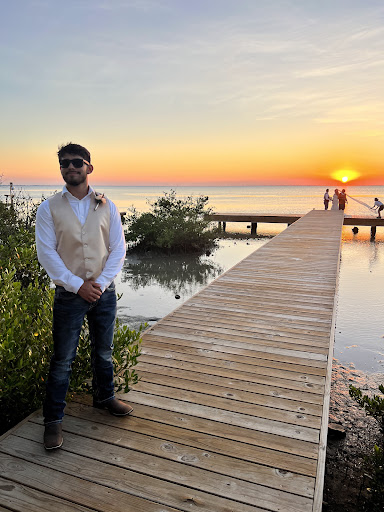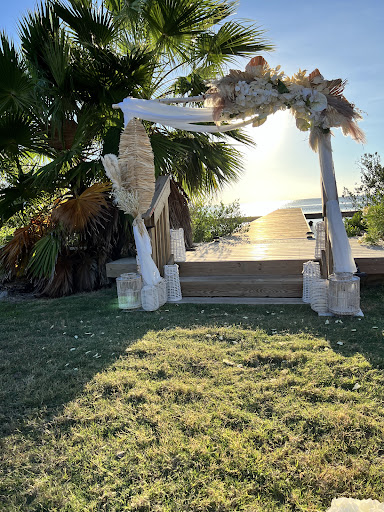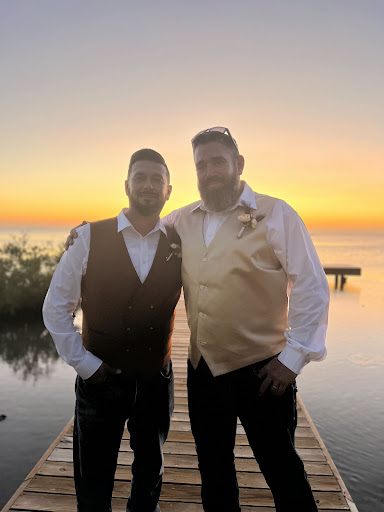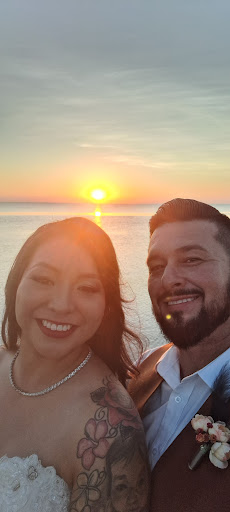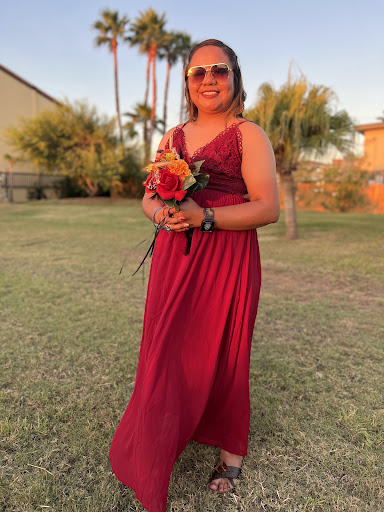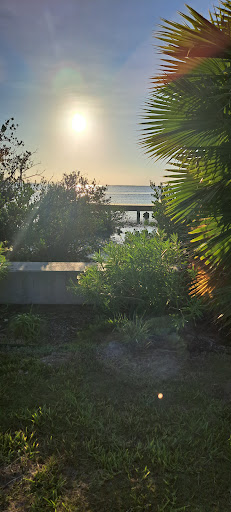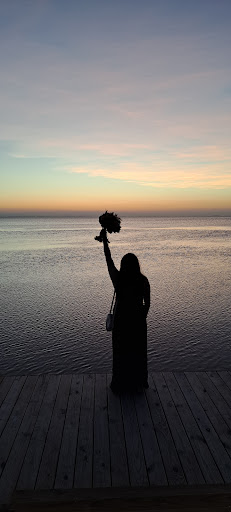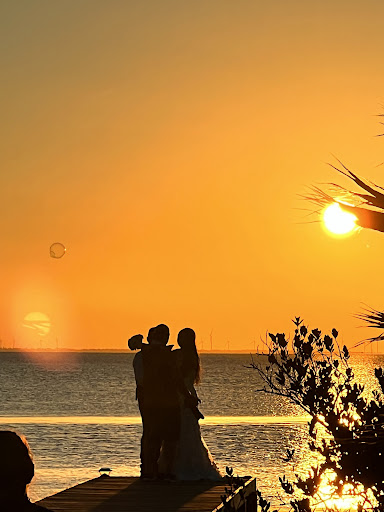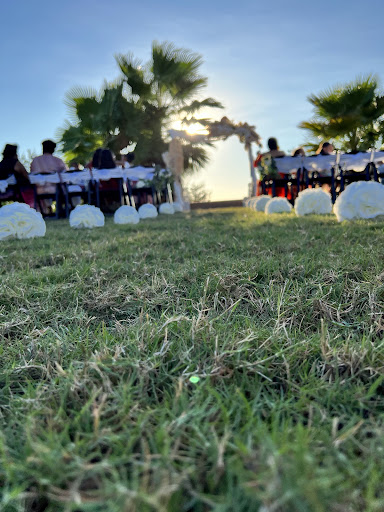The Planner’s Guide to Choosing a Wedding Photographer Who Understands Your Vision
By Weddings By Wendi – Your Texas Hill Country wedding planner
Planner, selecting the right wedding photographer is necessary to capturing the essence of your special day. You want someone who can translate your unique vision into stunning images. A misalignment in style and expectations can lead to disappointment, making it vital to clearly communicate your desires. Look for a photographer whose portfolio reflects your aesthetic and whose personality enhances your planning experience. The right choice will result in timeless memories that truly represent your love story.
Key Takeaways:
- Assess the photographer’s portfolio to ensure their style aligns with your vision.
- Communicate your expectations and preferences clearly during initial consultations.
- Look for reviews and testimonials that highlight the photographer’s interpersonal skills and adaptability.
Understanding Your Wedding Vision
Defining Your Style
Begin by identifying your unique style, as this shapes the entire aesthetic of your wedding. Consider whether you lean towards a traditional, modern, or rustic vibe. Review various wedding photography styles, such as documentary, fine art, or photojournalism, to find inspiration that resonates with you. Exploring different platforms like Pinterest or Instagram can help clarify the look you desire, guiding your photographer selection process.
Setting Your Priorities
Establish what elements of your wedding photography are most important to you by prioritizing key aspects that matter most. Think about whether candid moments, detailed shots, or artistic portraits hold a higher value in your vision. Assessing these aspects not only assists in finding the right photographer but ensures you capture memories that reflect your personal story and style.
List your top priorities—like capturing family portraits, candid interactions, or the venue’s details—and assign a scale to each, highlighting what’s non-negotiable versus what you can compromise on. This exercise will help you communicate clearly with your photographer and set mutual expectations, ensuring a smoother collaboration throughout the planning process.
Communicating Your Vision
Articulating your vision to your photographer is vital in achieving the desired outcome. Prepare to discuss not only your style preferences but also the emotions and experiences you want captured throughout the day. Creating a detailed brief or mood board can significantly enhance this dialogue and ensure both parties are aligned on expectations.
Consider scheduling a face-to-face meeting or phone call to discuss your vision in-depth and share your mood boards or examples that inspire you. This level of preparation builds rapport and allows your photographer to understand your story, ensuring they capture the essence of your day in a way that feels authentic to you.
Types of Wedding Photographers
| Traditional Photographers | Classic posed shots, usually with a focus on family and formal arrangements. |
| Photojournalistic Photographers | Documentary-style capturing real moments as they happen, emphasizing storytelling. |
| Fine Art Photographers | Artistic approach, often focusing on aesthetics and emotion. |
| Documentary Photographers | Real-life situations captured over time, showcasing the full narrative of your day. |
| Portraiture Photographers | Emphasis on individual and couple portraits, often styled and posed. |
Traditional Photographers
Traditional photographers focus on capturing posed shots and formal arrangements, often highlighting family members and specific groupings. Their style is ideal if you prefer classic images and controlled setups devoid of spontaneity. You can expect a well-organized approach where important moments are planned and executed with precision.
Photojournalistic Photographers
Photojournalistic photographers adopt a candid style, documenting your wedding day as it unfolds. They rely on capturing real moments and emotions rather than posing people. This creates a natural narrative flow, allowing you to relive the day through unfiltered perspectives. Knowing you can trust them to blend into the background means you can enjoy your day and not just the photos.
Fine Art Photographers
Fine art photographers bring an artistic flair to wedding photography, focusing on aesthetics, composition, and emotion. They often integrate creative elements and unique angles, making your wedding visuals an art piece. Their work is ideal for those who appreciate creativity and want their images to reflect an expressive, personal vision.
Documentary Photographers
Documentary photographers capture your wedding in a narrative style, photographing events as they naturally occur. They aim to tell your story through authentic moments, showcasing genuine interactions and emotions throughout the day. This approach often results in deeply personal and impactful images that you’ll cherish forever.
Portraiture Photographers
Portraiture photographers specialize in capturing official portraits, often focusing on the couple and family members in styled settings. These photographers ensure that everyone looks their best and can create beautiful, timeless images. Their attention to detail is necessary for memorable portraits you’ll want to display.
Factors to Consider When Choosing a Photographer
- Budget Constraints
- Experience and Portfolio
- Personality and Professionalism
- Availability and Timeline
- Package Details and Offerings
Budget Constraints
Establishing a budget is imperative when selecting a wedding photographer. Determine how much you are willing to allocate for photography services and factor in potential additional costs like travel or prints. Photographers often provide different packages, so ensure you understand what you’re getting within your budget and any hidden fees that may arise.
Experience and Portfolio
A photographer’s experience and demonstrated work are key indicators of their ability to deliver on your vision. Review their portfolio to assess whether their style resonates with what you envision for your big day. Photographers often showcase a variety of weddings they’ve captured, allowing you to gauge their versatility and familiarity with various settings and lighting conditions.
Look for photographers whose portfolio contains images from weddings similar to your own in terms of size and style. This gives you insight into how they handle different scenarios. An experienced photographer can adapt to unexpected changes, ensuring your memories are beautifully captured regardless of the circumstances.
Personality and Professionalism
The personality of your photographer can significantly impact your comfort level. A photographer who matches your vibe can make your day more enjoyable and collaborative. They should exhibit professionalism in their communication and approach, ensuring that you feel supported and at ease throughout the planning process and on your wedding day.
Engaging with your photographer during initial meetings can reveal whether their personality aligns with your expectations. A good rapport can lead to more natural and candid shots, as you’ll feel more relaxed around someone you connect with. Professionalism also reflects in their punctuality and reliability, which are paramount on your wedding day.
Availability and Timeline
Your photographer’s availability is vital when planning your wedding. Confirm they are free on your chosen date and understand their schedule to align with both your ceremony and reception timelines. Early booking is advisable to secure your photographer and avoid disappointment.
Discuss the timeline for your wedding day in detail, including the duration of coverage. Ensure your photographer can accommodate any pre-wedding shoots or engagements, as these contribute to a comprehensive package that captures your entire story. Coordination in this area helps you plan effectively and ensures no key moments are missed.
Package Details and Offerings
Any choice you make should reflect your unique vision and enhance your overall wedding experience.
Tips for Finding the Right Photographer
- Define your style preferences before starting your search.
- Set your budget and stick to it throughout your selection process.
- Research potential photographers’ portfolios and styles extensively.
- Schedule consultations to meet photographers and discuss your vision directly.
- Ask the right questions during consultations to assess compatibility.
- Read reviews from previous clients to gather insight into their experiences.
- Trust your instincts regarding whom you feel most comfortable with.
Researching and Comparing
Start by gathering a list of potential photographers who align with your vision. Look for their online portfolios and social media presence to analyze the style and quality of their work. Compare prices, packages, and the services offered. Use side-by-side comparisons to identify discrepancies in experience and overall value. Emphasizing visual storytelling that resonates with your style is key.
Comparison Table
| Photographer | Style / Specialization |
|---|---|
| Photographer A | Traditional |
| Photographer B | Candid |
| Photographer C | Fine Art |
| Photographer D | Documentary |
Reading Reviews and Testimonials
Reading reviews and testimonials offers valuable insights into a photographer’s reliability and client satisfaction. Focus on feedback regarding the photographer’s ability to understand couples’ visions and manage the event professionally. Look for consistent themes that highlight their strengths or weaknesses.
When sifting through reviews, pay close attention to specific praises or criticisms. Positive feedback may highlight how well a photographer captures emotions or blends into the event seamlessly. Conversely, read about experiences related to communication styles or unfulfilled expectations; these factors can impact your decision significantly.
Scheduling Consultations
Scheduling consultations allows you to gauge a photographer’s personality and professionalism firsthand. Engage in discussions about your vision, desired styles, and any other specific requests you have. A face-to-face meeting provides clarity in understanding each other’s expectations and helps establish rapport.
During the consultation, observe how the photographer interacts and responds to your ideas. A genuine interest in your vision and open communication can signal a collaborative relationship that results in a successful photography experience on your wedding day.
Asking the Right Questions
Asking the right questions ensures you cover crucial aspects before making a decision. Consider inquiring about their shooting style, the equipment they utilize, and how they handle unexpected scenarios on the wedding day. Clear communication about deliverables and timelines is vital.
Construct a list of tailored questions that align with your wedding’s specifics. Topics such as backup plans for inclement weather or how they connect with couples to capture authentic moments can reveal a photographer’s adaptability and dedication to your vision.
Trusting Your Instincts
Trusting your instincts is fundamental in the photographer selection process. While qualifications and experience matter, your level of comfort with the photographer will significantly influence your overall experience. A strong personal connection can foster a collaborative environment, resulting in stunning photographs that reflect your unique love story.
Follow your gut feeling about whether you feel excited and comfortable with a particular photographer. If reservations linger after consultations, it may be best to continue your search until you find someone who resonates wholly with your vision and needs.
Step-by-Step Process to Secure Your Photographer
| Step | Description |
| 1. Shortlisting Candidates | Identify potential photographers based on your vision, style, and budget constraints. Use online platforms, social media, and wedding fairs to find inspiring portfolios that resonate with you. |
| 2. Meeting in Person or via Video Call | Schedule consultations to gauge compatibility. Discuss your vision, inquire about their approach, and assess if they understand your unique requirements. |
| 3. Reviewing Contracts | Thoroughly examine the contract details, including packages, deliverables, and payment terms. Clarify any potential ambiguities to ensure you’re fully informed. |
| 4. Securing Bookings | Once you’re satisfied with your choice, secure your booking by sending in a deposit. Confirm the date and any additional services you may need. |
| 5. Preparing for the Big Day | Communicate a detailed timeline and any specific shots you desire. Make sure your photographer is aware of any last-minute changes or special details. |
Shortlisting Candidates
To create a list of potential photographers, start by exploring their portfolios and social media presence. Look for styles that evoke the emotions you want captured in your wedding imagery. Compile a shortlist of photographers whose work aligns with your vision and who fit within your budget.
Meeting in Person or via Video Call
Engaging with your shortlisted candidates helps you assess their personality and professionalism. This interaction provides an opportunity to discuss your vision in detail and gauge their enthusiasm. A good connection can significantly impact the quality of your wedding photography experience.
During these meetings, ask about their approach to wedding photography, their experience with similar weddings, and how they deal with unexpected changes. This dialogue will help you establish comfort and trust, ensuring you feel confident in their ability to capture your day authentically.
Reviewing Contracts
Before committing, meticulously review the contract. Ensure that it clearly outlines the services and products included in your package, such as hours of coverage, number of edited images, and expected delivery timelines.
Contracts protect both parties and set clear expectations regarding performance and deliverables. Pay attention to cancellation policies, overtime fees, and any additional costs that might arise. Clarifying these points upfront saves you from future misunderstandings and secures your investment.
Securing Bookings
Once you’ve selected your photographer, securing your booking requires a deposit, usually a percentage of the total fee. Confirm details regarding the process for securing your date and ask for proof of their availability.
To officially reserve your photographer, submit the signed contract along with the deposit. This step is imperative to protect your wedding date, as many photographers are booked well in advance. Keep communication open until the big day, discussing any concerns or updates as they arise.
Preparing for the Big Day
Preparation for the wedding day involves sharing logistics and any specific photo requests with your photographer. Providing a detailed timeline helps them plan and ensures every moment is captured seamlessly.
Gather all necessary details about the venue layout, key people in your life who should be included in family photos, and any cultural or personal traditions to highlight. Having this information readily available helps your photographer create a cohesive story of your day while accommodating any specific wishes you may have.
Pros and Cons of Different Photographic Styles
Traditional Photography: Pros and Cons
| Pros | Cons |
|---|---|
| Classic posed shots ensure everyone looks their best. | Can feel staged or artificial. |
| Reliable and familiar format. | Lacks spontaneity and candid moments. |
| Great for formal family portraits. | Limited creativity in composition. |
| Easy to direct the photographer. | May require more time for setups. |
| Traditional prints are enduring. | Less emotional storytelling. |
Traditional Photography: Pros and Cons
Traditional photography is known for its classic posed shots, ensuring that everyone in the frame looks their best. While this style provides reliable and familiar formats, it may come off as staged and less spontaneous. If you value formal family portraits and prefer directed shots, traditional photography might suit you. However, keep in mind the potential lack of emotional storytelling and creativity in composition.
Photojournalistic Style: Pros and Cons
| Pros | Cons |
|---|---|
| Captures genuine emotions and candid moments. | Requires a photographer with quick reflexes. |
| Tells a story through images. | Can result in less posed family portraits. |
| Natural and unobtrusive approach. | Not every moment may be captured. |
| Unique, artistic angles and perspectives. | May lack a consistent look or style. |
| Great for capturing atmosphere and details. | Editing might be extensive to enhance images. |
Photojournalistic Style: Pros and Cons
Photojournalistic photography excels in capturing genuine emotions and candid moments. This documentary style tells a compelling story through a series of images, showcasing the atmosphere and subtle details of your wedding day. Although it offers a natural approach, it may not be ideal for those wanting traditional posed family portraits or complete coverage of every single moment. The success of this style heavily relies on the photographer’s quick reflexes and ability to capture the essence of your day.
Artistic Approaches: Pros and Cons
| Pros | Cons |
|---|---|
| Highly creative and original images. | Results can be unpredictable. |
| Artistic flair that enhances unique moments. | May favor style over substance. |
| Focuses on aesthetics and composition. | Less emphasis on traditional shots. |
| Perfect for couples seeking something different. | Potentially less familiar to traditionalist guests. |
| Creative storytelling through visuals. | Requires clear communication of your vision. |
Artistic Approaches: Pros and Cons
Artistic photography delivers highly creative and unique images, focusing on aesthetics and composition. This style is ideal for couples looking for something beyond the conventional, capturing moments through an artistic lens. However, the unpredictability of results and potential neglect of traditional shots may not suit everyone’s preferences. Effective communication with your photographer about your vision is crucial to ensure that you will achieve the desired outcome.
Blending Styles: Pros and Cons
| Pros | Cons |
|---|---|
| Combines the best of multiple styles. | Can be hard to find a photographer skilled in all. |
| Accommodates various preferences and personalities. | Images may lack cohesion. |
| Versatile approach for different moments. | Confusion about which style to prioritize. |
| Higher potential for creative storytelling. | Editing may become complex. |
| Appeals to diverse guest experiences. | Requires comprehensive planning and communication. |
Blending Styles: Pros and Cons
Blending styles in wedding photography allows you to take advantage of various techniques, combining the best elements of traditional, photojournalistic, and artistic approaches. This versatility accommodates different preferences and personalities, enhancing the storytelling of your day. However, it may be challenging to find a photographer proficient in all styles, and this could lead to cohesion issues in the final images. Clear communication about your vision is key to successfully blending styles.
To wrap up
Hence, selecting a wedding photographer who aligns with your vision is imperative for capturing the essence of your special day. By evaluating portfolios, understanding photography styles, and discussing your expectations, you empower yourself to make an informed choice. Prioritize clear communication to ensure the photographer comprehends your unique story. Trust your instincts, and choose someone who resonates with your aesthetic and emotional needs, resulting in beautiful memories that reflect your love journey.
FAQ
Q: Why is it important to choose a photographer who understands my vision?
A: A photographer who understands your vision can capture moments that reflect your personality and style, ensuring that your wedding photos resonate with your expectations and desires.
Q: What should I discuss with potential photographers before hiring?
A: Discuss your wedding theme, preferred photo styles, specific shots you envision, and any inspirations you have. This ensures the photographer aligns with your vision and can adapt their approach accordingly.
Q: How can I assess a photographer’s previous work?
A: Review their portfolio online, specifically looking for consistency in quality, style, and emotions captured. Pay attention to weddings similar in theme and size to yours.
Q: What questions should I ask during the initial consultation?
A: Ask about their shooting style, experience, how they handle different lighting situations, delivery timelines, and if they have a backup plan for unforeseen circumstances.
Q: Is it necessary to have a pre-wedding shoot to gauge compatibility with the photographer?
A: A pre-wedding shoot can help establish comfort and allow you to see how they work, making it easier to communicate your vision and ensuring they can capture your style effectively.
Q: How do I ensure the photographer will meet my expectations on the wedding day?
A: Provide a detailed shot list, discuss must-have moments, and establish clear communication throughout the planning process to ensure all expectations are aligned and understood.
Q: What details should I include when outlining my vision to the photographer?
A: Include your wedding theme, color palette, preferred photography style (e.g., candid, traditional, artistic), any specific moments you want captured, and examples of photography that resonate with you.




